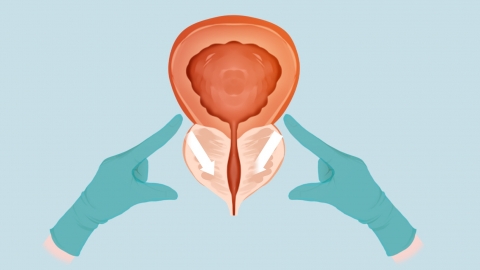Can I still have sexual intercourse with benign prostatic hyperplasia (BPH)?
Generally, whether patients with benign prostatic hyperplasia (BPH) can engage in sexual intercourse needs to be determined based on the specific condition of the illness. If discomfort symptoms appear, it is recommended to seek timely treatment at a regular hospital. Detailed analysis is as follows:

If the patient's BPH symptoms are mild, with only occasional slight frequency of urination, no significant difficulty in urination or urgency, and medical examination reveals no urethral obstruction, urinary tract infection, or other complications, and there are no other physical discomforts, then appropriate sexual activity is permissible. Moderate sexual activity will not worsen BPH symptoms and can help maintain normal physiological needs. However, frequency should be controlled to avoid excessive fatigue.
If the patient's BPH symptoms are severe, with significant difficulty in urination, a sensation of incomplete bladder emptying, or complications such as urinary tract infection or bladder stones have developed, sexual activity should be approached with caution or temporarily avoided. Sexual intercourse may stimulate the prostate, aggravating local congestion and worsening urinary symptoms, which could negatively affect recovery. Resuming sexual activity should wait until symptoms subside and the condition stabilizes, and should be decided upon according to a physician's advice.
In daily life, it is important to maintain genital hygiene before and after sexual activity to reduce the risk of infection. During intercourse, avoid overly vigorous movements to prevent excessive stimulation to the prostate. If urinary discomfort worsens after sexual activity, timely rest and observation are advised, and medical consultation may be necessary to adjust lifestyle and care practices.




